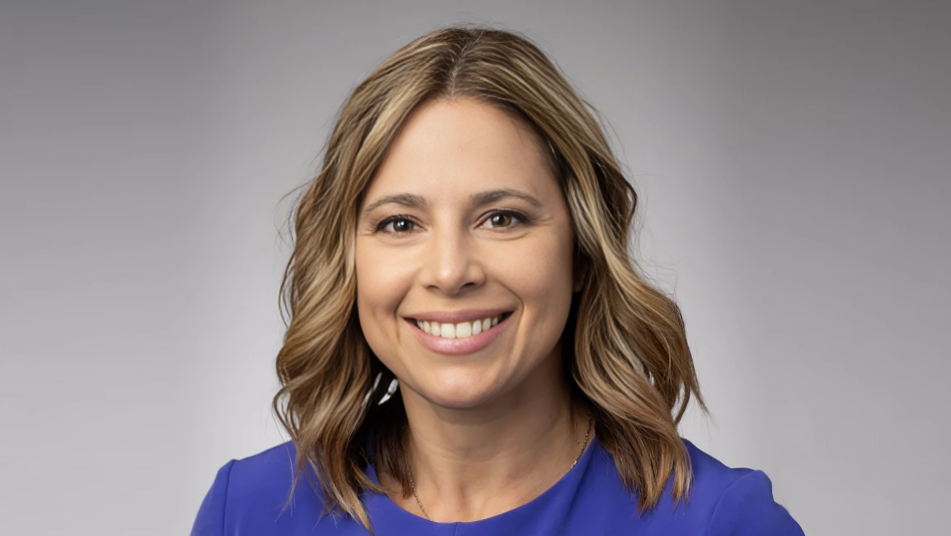Sami (Papacek) Mansfield, Founder of Cancer Wellness for Life and also a Chair of Cancer Member Interest Group, posted the following on LinkedIn:
“Only 6.3% of adults are metabolically healthy.
Yes, you read that right. Fewer than 1 in 15 adults have optimal metabolic health. But why?
Our modern environment is a complex web of factors — from poor dietary habits to chemical exposures. Among these factors, carcinogens often make headlines, sparking fear and confusion.
But what does “carcinogenic” actually mean? It’s not always about immediate or proven harm. IARC (International Agency for Research on Cancer/World Health Organization) categorizes risks to help us understand the level of threat.
Here’s a breakdown with real-world examples:
Group 1 (Known Carcinogens):
- Tobacco smoke
- Alcohol consumption
- Processed meat
- Cadmium and cadmium compounds
Group 2A (Probable Carcinogens):
- Night shift work disrupting sleep cycles
- Asbestos (used in older insulation)
- Emissions from high-temperature frying
Group 2B (Possible Carcinogens):
- Pickled vegetables
- Very hot beverages (above 65°C)
- Nitrogen mustard
Shocking, right? There are so many more on this list, according to a fantastic article from the American Cancer Society.
Key Highlights:
- Most agents are linked to specific cancer types, not all cancers.
- A carcinogen’s presence doesn’t guarantee it will cause cancer in everyone or under all circumstances.
- Factors like exposure level, genetics, and type of contact (e.g., swallowing vs. touching) play a huge role.
- For example: Smoking is far more likely to cause cancer than eating processed meat, even though both are in the same risk group.
- Some substances (like UV rays or tamoxifen) have both benefits and risks. Context and moderation are everything.
What does this mean for us?
Not all risks are equal, and exposure matters. Focus on reducing known high-risk behaviors while staying informed.
Health decisions should be guided by facts, not fear.
P.S. What’s a surprising carcinogen you’ve heard about? Let’s discuss!”
Sami (Papacek) Mansfield is the founder of Cancer Wellness for Life. She’s been a certified cancer exercise specialist since 2003 and has dedicated her career to implementing evidence-based lifestyle education, resources and tools into cancer care for both the patients and the providers. She is also a Chair of Cancer Member Interest Group, at the American College of Lifestyle Medicine and Breast Cancer Taskforce Co-Chair at Colorado Cancer Coalition.


